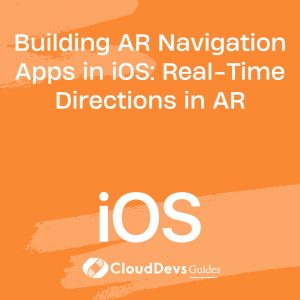iOS Q & A
What are the tools needed for iOS development?
iOS development requires a comprehensive set of tools to facilitate the creation, testing, and deployment of applications for Apple’s mobile platform. These tools encompass various aspects of the development process, from writing code to designing user interfaces and distributing apps. Here are the essential tools needed for iOS development:
- Xcode: Xcode is the official integrated development environment (IDE) provided by Apple for iOS, macOS, watchOS, and tvOS app development. It includes a suite of tools such as a code editor, debugger, Interface Builder, and performance analyzer. Xcode streamlines the development process and provides essential features for writing, testing, and debugging iOS apps.
- Swift or Objective-C Compiler: Depending on the programming language chosen for iOS development, developers need a compiler for Swift or Objective-C. Xcode comes bundled with compilers for both languages, allowing developers to translate their source code into executable machine code.
- iOS Simulator: The iOS Simulator is a tool integrated into Xcode that enables developers to test their iOS apps on virtual devices without the need for physical hardware. It provides a range of iOS device configurations, screen sizes, and orientations for testing app behavior and performance.
- Version Control Software (e.g., Git): Version control software such as Git is essential for managing and tracking changes to the source code of iOS apps. Git enables collaboration, facilitates code review, and provides a mechanism for reverting to previous versions if necessary.
- Interface Builder: Interface Builder is a visual design tool within Xcode that allows developers to design user interfaces for iOS apps using a drag-and-drop interface. It simplifies the process of creating layouts, adding UI elements, defining constraints, and configuring properties without writing code manually.
- CocoaPods or Swift Package Manager: Dependency managers like CocoaPods and Swift Package Manager simplify the integration of third-party libraries and frameworks into iOS projects. They help manage dependencies, handle library installation, and ensure compatibility between different components of the app.
- Device Testing Tools: While iOS simulators are useful for testing during development, testing on physical iOS devices is crucial for ensuring compatibility and performance. Developers need access to a range of iOS devices for comprehensive testing and debugging.
- App Distribution Tools: Tools like Xcode and App Store Connect are used for packaging, signing, and distributing iOS apps to users. They facilitate app submission to the App Store, manage app metadata, and provide insights into app performance and user engagement.
By leveraging these essential tools, iOS developers can streamline the development process,

Previously at


Brazil

GMT-3
Skilled iOS Engineer with extensive experience developing cutting-edge mobile solutions. Over 7 years in iOS development.



